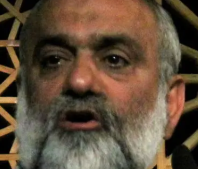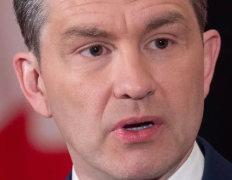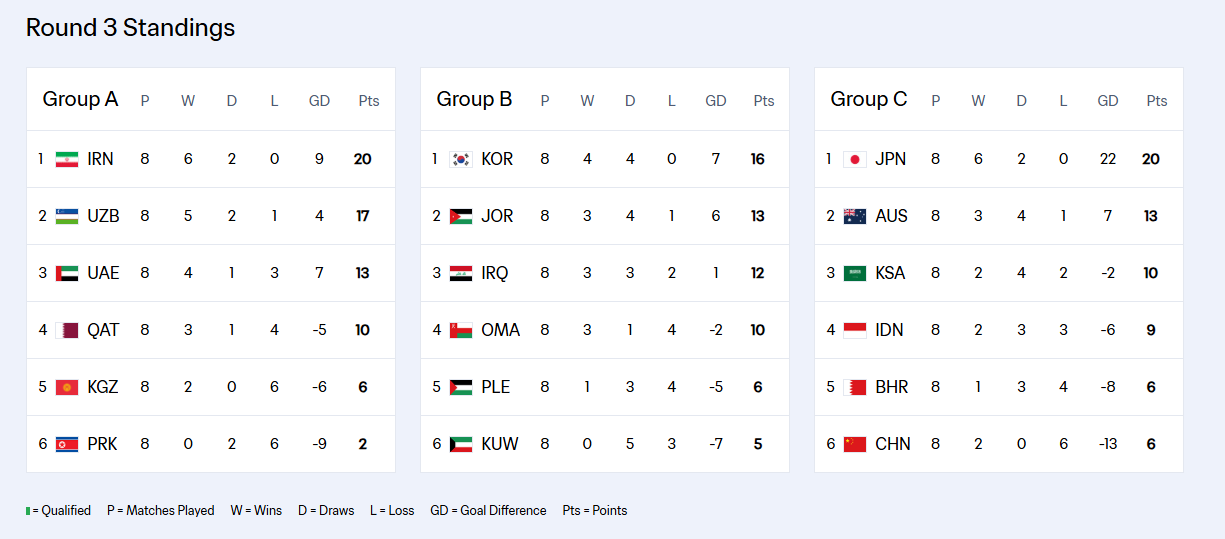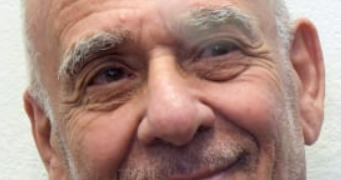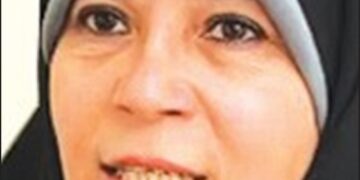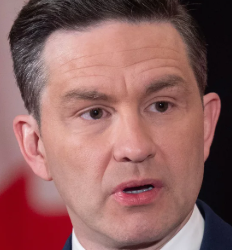Lafta also denied that there was any dispute over the well, saying it was inside Iraqi territory. He said the well was drilled in the late 1970s with no protest from Iran and operated briefly until the Iran-Iraq war began in 1980.
The border was settled in a 1975 agreement signed by the Shah and Saddam Hussein. The border was then demarcated on the ground so its location was clear. But many if not most of the border markers were lost or destroyed during the eight years of war. Although the war ended more than 21 years ago, new border markers have not yet been installed.
Iran and Iraq have frequently announced plans since Saddam’s ouster to re-mark the border. But nothing has actually happened. On January 7, Iranian Foreign Minister Manouchehr Mottaki said talks on the border would begin “within a week.” They didn’t.
On Sunday, Iran’s ambassador to Iraq, Hassan Kazemi-Qomi, told the Fars news agency that border officials would be meeting Monday this week and that in the following weeks meetings would be held of technical committees of the two countries. There have been no reports of any meetings held this week, however.
The presence of Iranian troops on Iraqi soil has gotten only minimal attention in the Islamic Republic. But it is a daily concern within Iraq. The incident is inflaming passions and spurring anti-Iranian emotions. One irony is that the issue is actually prompting support for keeping an American military presence in Iraq; that comes from those Iraqis—mostly, but not exclusively, Sunnis—who fear Iran will make Iraq a client state if the Americans leave altogether.
Prime Minister Nuri Al-Maliki, who tries to keep relations with Iran on an even keel, ignored the troop presence at first. He finally denounced the incursion 10 days after it was first reported. He sternly proclaimed that the Iranians would not get “one drop of Iraqi oil” or “one meter of Iraqi land.”
Maliki has come under attack from opponents for weakness in coping with the Iranian incursion. But no one is suggesting that the Iraqi military should forcibly expel the Iranians.
The politician most closely linked to Iran, Moqtada As-Sadr, who is studying in Qom, remained silent. A spokesman for his party issued a bland statement saying the Iranians were “wrong” but the Sadrist party was “keen on acquiring all details about the matter” and complaining that some Iraqis were turning the incident into “electoral propaganda.”
The Islamic Republic initially denied that its troops were inside Iraq, and subsequently described the case as a “misunderstanding.” Then Foreign Minister Manouchehr Mottaki said two weeks ago the Iranian troops had been ordered to return to Iranian land.
The Iraqi government says a handful of Iranian forces penetrated about 100 meters into Iraqi territory December 18 and raised the Iranian flag over well Number 4 in the Faqa oilfield. A few days later, they say, Iran took down its flag and withdrew about 50 meters, but remained on Iraqi land.
The rationale for the occupation remains unclear.


